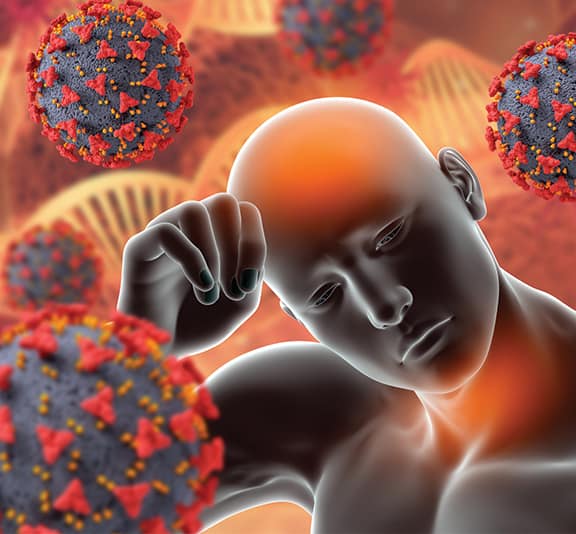

At Surya Hospitals, we specialize in comprehending and treating the complexities of malignancies and primary immunodeficiency disorders (PID). In order to help you move toward a better, healthier tomorrow, we are committed to providing compassionate, patient-centered treatment. We are aware of the obstacles that these disorders may present. Our committed team of professionals uses state-of-the-art medical technology to customize treatments that strengthen your body's defences and guarantee a stronger and more resilient immune response.

Primary Immunodeficiency Syndrome Disorders are a class of hereditary diseases that impair the immune system, making people more vulnerable to infections and other health problems. These illnesses can affect diverse immune system components such as white blood cells, antibodies, and complement proteins.
So far, over 400 different forms of PIDs have been found, with varied degrees of severity. PIDs that are commonly connected with an increased risk of cancer include:
Genetic changes that impair the growth or function of immune cells are the primary cause of PIDs
These mutations can be passed down from one or both parents or they may occur on their own. People of any age, gender, or ethnic background might be affected by PIDs.
At Surya Hospitals, navigating the route to an accurate diagnosis for malignancies and primary immunodeficiency disorders (PID) requires a careful and comprehensive approach.
Common diagnostic interventions used by our team include:
Various treatment approaches offered by our experts at Surya Hospitals include:
It is true that certain PID types are heritable and have a genetic component. Identification of potential dangers and familial patterns is aided by genetic testing.
Changes in bowel or bladder habits, lumps or growths, unexplained bleeding, and prolonged exhaustion are some of the warning signs. See a medical expert if you experience any of these symptoms.
A variety of diagnostic procedures, including biopsies, imaging studies, blood indicators, and molecular testing, are used to determine the existence, kind, and degree of aberrant cell proliferation.
Although it's uncommon, PID and cancers can occasionally coexist. Accurate testing requires extensive testing and expert collaboration.
A tailored treatment plan and an early diagnosis can effectively control both PID and malignancies. For the best results, prompt intervention and a team-based healthcare approach are essential.
It is good to be curious when it comes to your health, but, it is equally important to put your curiosity to rest by seeking expert opinion. Have more questions related to your health?
